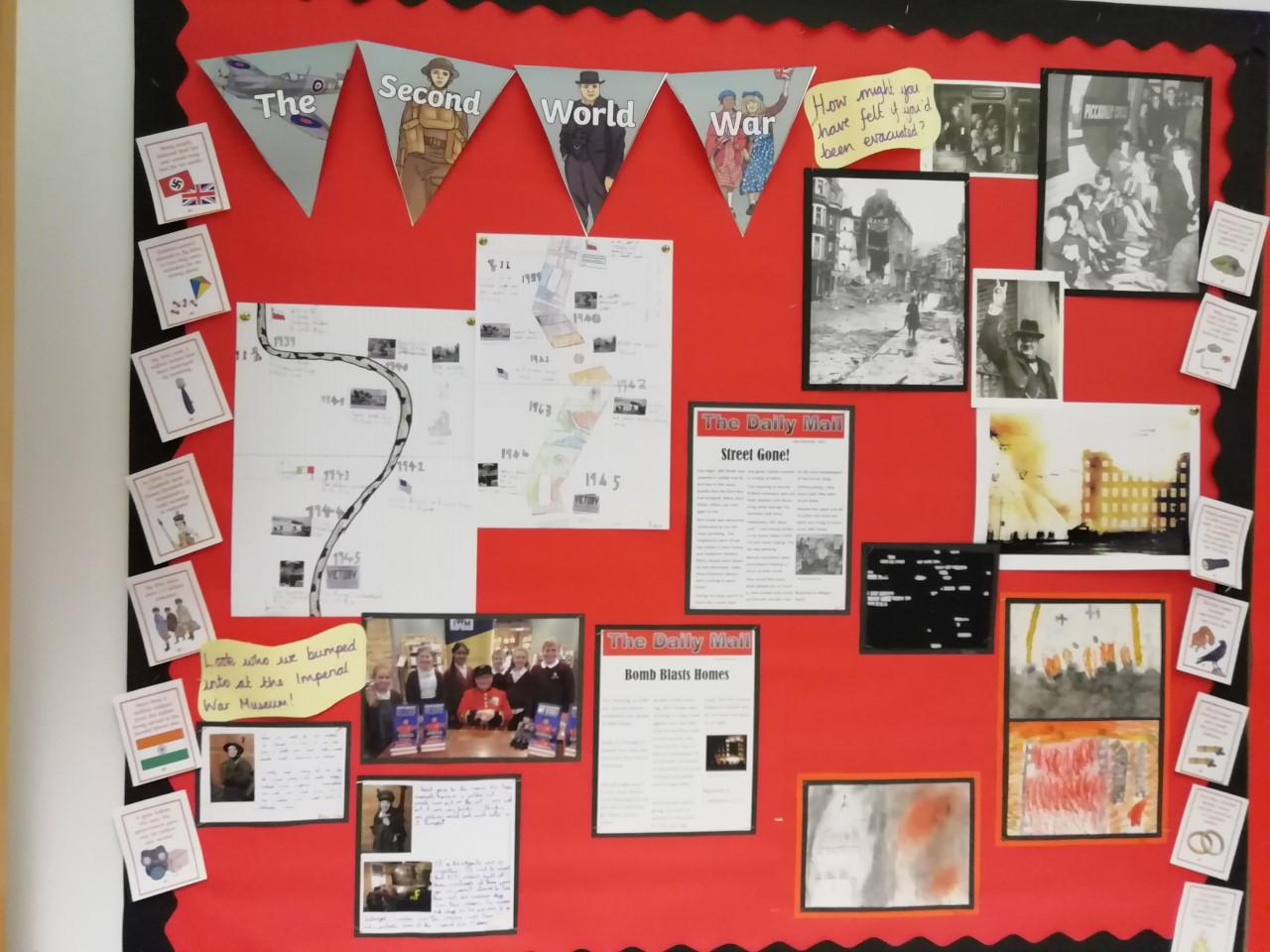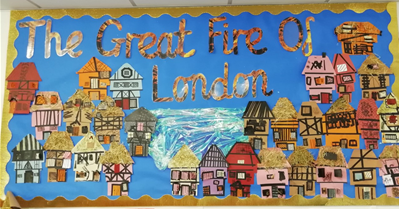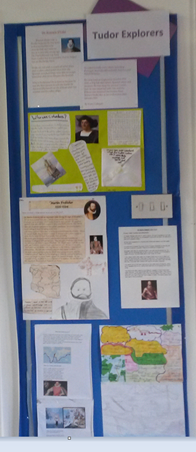History
History is essentially about people and their development over a period of time. It is essential to our understanding of the development of the modern world. Through history children can begin to learn and understand about the past and its influence on life today. The aim of history teaching here at Claygate Primary School is to stimulate the children’s interest, curiosity and understanding about the past. By using the children's own history and experience as a starting point, they will progress to learning about different historical periods, chronology and how aspects of history overlap and reoccur.
Children learn how to use appropriate vocabulary, assess the validity of ideas and opinions and use resources such as IT, historical artefacts, personal accounts from visitors and relatives, books and photographs. They will study a range of historical topics and people, in line with the National Curriculum, in a way that creates links with other aspects of learning including literacy, maths, art, design technology and drama. Trips to places of historical significance and visits by theatre groups will enhance children’s understanding of the past.
The national curriculum for history aims to ensure that all pupils:
- know and understand the history of these islands as a coherent, chronological narrative, from the earliest times to the present day
- know and understand significant aspects of the history of the wider world: the nature of ancient civilisations; the expansion and dissolution of empires; characteristic features of past non-European societies; achievements and follies of mankind
- understand historical concepts such as continuity and change, cause and consequence, similarity, difference and significance, and use them to make connections, draw contrasts, frame historically-valid questions and create their own structured accounts, including written narratives and analyses
- understand methods of historical enquiry, including how evidence is used to make historical claims, and discern how and why contrasting arguments and interpretations of the past have been constructed
- gain historical perspective by placing their growing knowledge into different contexts, understanding the connections between local, regional, national and international history; between cultural, economic, military, political, religious and social history; and between short- and long-term timescales.



